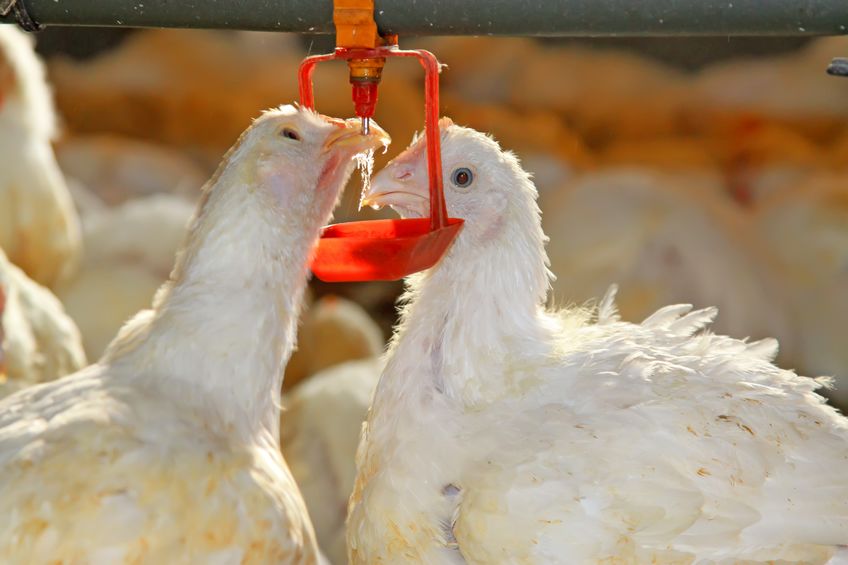
Slower growing broiler chickens experience higher welfare than commercial fast growing breeds of birds, according to a new study.
An independent commercial scale farm trial is the first to highlight the welfare differences between fast and slower growing broilers.
It concludes that, while there are benefits of providing chickens with more space by slightly lowering density, changing to a slower growing breed results in better health and more positive experiences for birds.
The majority of broilers produced for public consumption are conventional, fast growing breeds.
The study, carried out by researchers from FAI Farms, the University of Bristol and the Norwegian University of Life Sciences, is published in Scientific Reports.
Annie Rayner, FAI’s lead researcher, said: "Our seminal study found slow growing birds to have better health and perform more positive behaviours than conventional fast growing broilers.
"A shift away from fast-growing breeds would provide the most significant improvement for the lives of the 142 million chickens produced in Europe every week”.
The trial explored a suite of positive and negative welfare indicators in four production systems varying in stocking density and breed.
One slower growing breed - the slowest - was stocked at a planned maximum density of 30 kg/m2, a second slower growing breed at planned densities of 30 kg/m2 and 34 kg/m2, and the welfare outcomes were compared to those of a standard fast-growing breed stocked at 34kg/m2.
At the lower density, the slowest growing breed was found to have slightly better welfare than the other slower growing breed - as indicated by lower mortality, fewer rejections at processing and better walking ability.
Differences in welfare of the slower growing breed stocked at two densities were small. However, prominent differences were found between the standard fast-growing birds stocked at 34kg/m2 and birds in the three other systems.
The standard birds experienced poorer health as indicated by higher levels of mortality, hock burn and pododermatitis as well as greater rejections at processing.
Furthermore, the conventional birds showed less perching on enrichment bales as well as fewer positive ‘play’ and ‘exploration’ behaviours.
Dr Siobhan Mullan, Senior Research Fellow in Animal Welfare at the Bristol Vet School, said that the trial provided 'robust evidence' of the benefits of slower growing breeds.
"We hope that it will help to drive changes in supply chains and large companies to bring about real improvements to chicken welfare."
